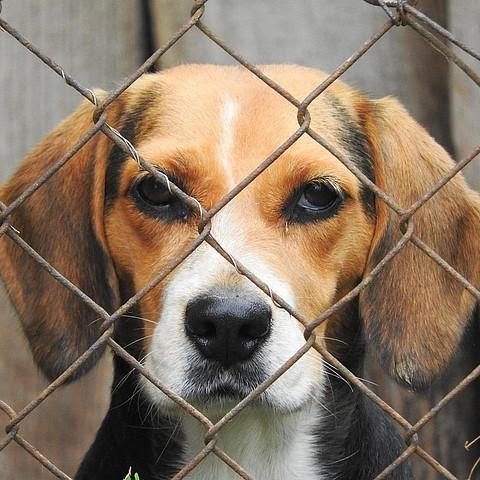Making a rescue dog part of your family is incredibly rewarding, but it can bring challenges if the dog has been through trauma or picked up some naughty habits. It’s never too late to teach an old dog new tricks though, so let’s take a look at some of the best tips to train your rescue dog and build your relationship.
1. Give them time to adjust
All animals can be a little nervous when brought to a new home, but generally, young puppies will adapt quickly thanks to their curious and open nature. A rescue dog is likely to take a little longer to settle, depending on what they have been through previously. Be patient and remember they may be suspicious of new people, so give them plenty of time – it could be weeks or even a couple of months until they feel more at ease in their new home.
2. Make a routine and stick to it
Chances are your rescue dog has had a very little routine in their life, whether they have come from another owner or been a stray on the street. Even if they have had great care from a shelter, it’s likely they will have been surrounded by lots of other dogs and probably noise! It’s key to establish a routine as quickly as possible so your rescue dog soon starts to associate their new surroundings as a place of safety and comfort. It can really help speed up their adjustment, so even when you’re tired, be consistent and stick to the same routine for food and exercise.
3. It’s OK to set rules!
It’s natural to want to smother a rescue animal with love when they join your home and not want to tell them off if they are naughty, especially if they have been through trauma. However, waiting until they are settled and then starting to punish them for bad behaviour that was previously allowed will just confuse them and potentially unsettle them. So, for example, if you catch them chewing your shoes on day one, correct this behaviour straight away before it becomes much harder to stop them.
4. Understand and work on their triggers
It’s common for rescue dogs to be anxious around particular sounds or smells if they have experienced trauma. Some rescue dogs may struggle with separation anxiety whilst others may be incredibly wary of new people or other dogs. When you work out what that trigger is, gently begin to place your dog in a controlled environment and reward them every time they stay calm, so in time they can cope better. Sometimes it’s as simple as a rescue dog not being socialised with other dogs at a young age, so explore dog training classes as a safe way to begin to socialise your rescue dog with other animals so they can learn behaviours and etiquette.
5. Be patient and ensure the whole household is on board
This is an obvious tip, but so easily overlooked once a rescue dog arrives! Patience is absolutely key and you may find some days you take one step forward and two steps back when training a rescue dog. Remember they have had a harder start to life and your patience will be key in supporting their development. It’s also essential the whole family takes the same approach with the dog so they don’t learn different habits from different members of the household. This consistency will help your dog feel settled and safe and in no time at all, it will feel like they have always been part of the family!
To learn more about residential dog training, contact us at Total K9 today.

